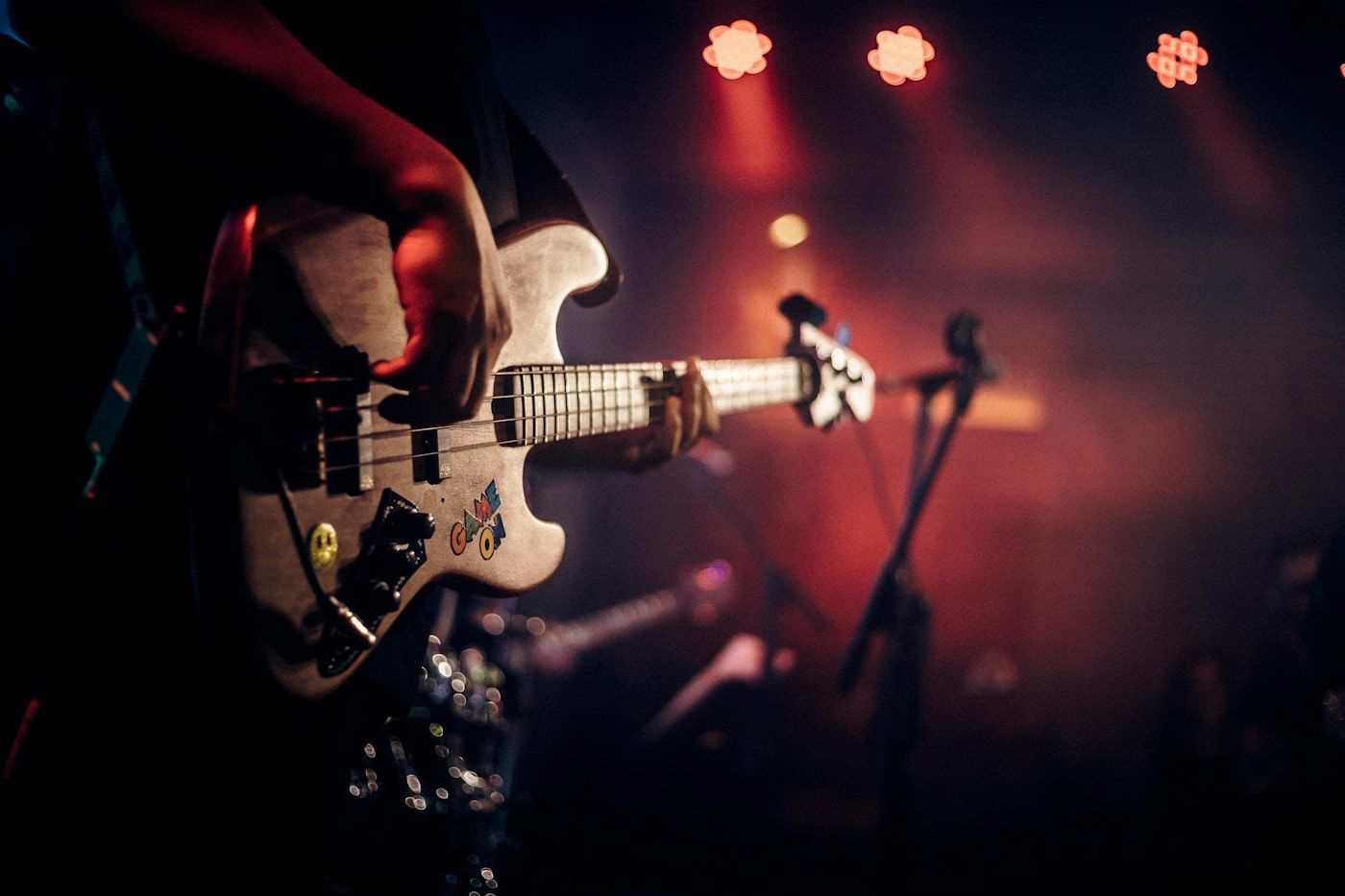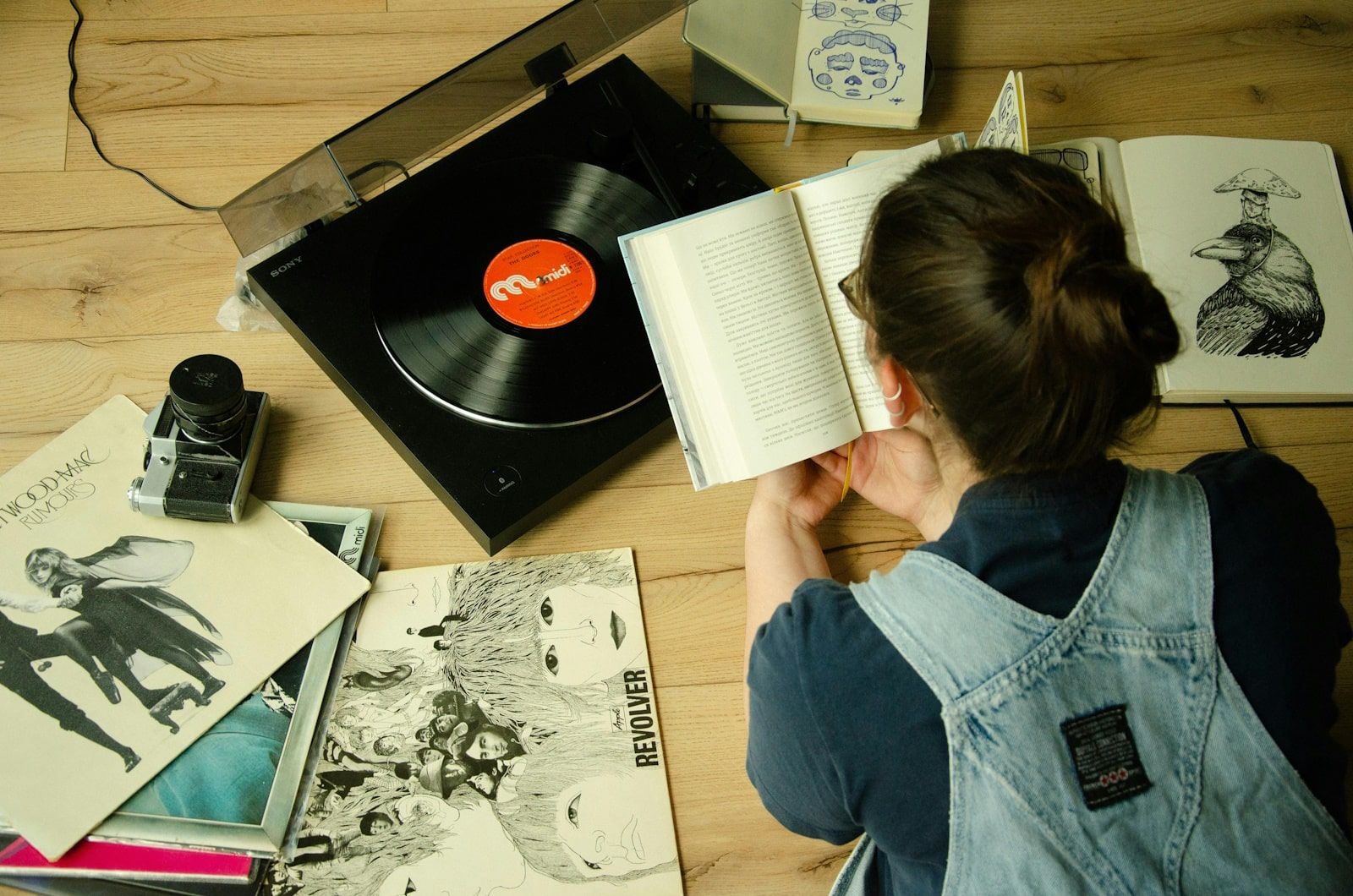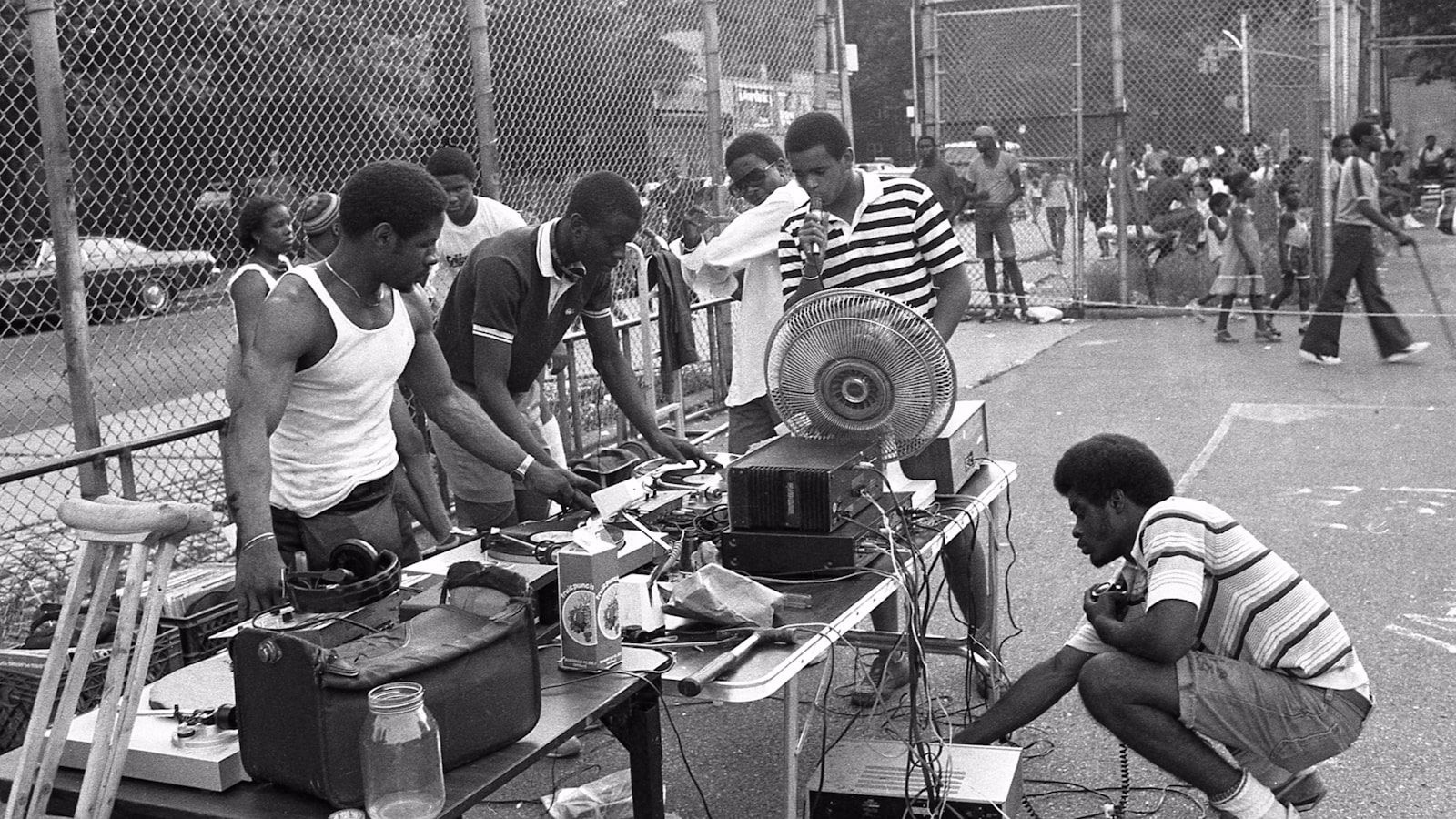TikTok Speed-Up Trend Raises Questions About Music Discovery
If you have the energy to wade through some of the dross on the platform, TikTok can be a wonderful discovery engine for new music. Before artists have hit the charts or on stage – or even left their bedrooms – the video-sharing app can showcase raw talent in a way that no other platform can. Peach Tree Rascals, beabadoobee, Claire Rosinkranz, Powfu, Girl in Red, JVKE, Salem Ilese, Surf Mesa, Mothica, and Tai Verdes are just some of the names that have been ‘discovered’ on the app in recent years.
Yet, TikTok is also the home of trends that traditional musicians are uncomfortable with. Take, for example, the relatively new trend where creators on the platform take songs and speed them up typically by 25-30% in order to fit into a dance routine or some other purpose. Some have argued that it lets us hear music in a new way, whereas others have pointed out that it may constrain the way we listen to music. It’s not a leap to say that most artists will be unhappy with their music being changed.
Music discovery has changed
It’s clear, though, that music discovery has changed. Previous mediums, such as television chart shows, music magazines, and radio, have given way to social media and streaming platforms. Discovery can come in different ways, such as movie and games soundtracks, the latter being a more modern phenomenon. Young people’s first introduction to classic rock, for instance, might come through the Call of Duty soundtrack. Even artists like Jimi Hendrix and Ozzy Osbourne have official slots at online casinos where players can come across their songs within the games.

Yet, while it arguably doesn’t matter where you discover music, it does matter what you discover and how you consume it. Let’s consider the words of Adele, who criticized the consumption of her album, 30, back in 2021. The British singer decried the use of the shuffle button, stating that an album was curated by the artist and the track order matters.
It’s hard to argue with Adele. If you consider classic albums like The Beatles’ Abbey Road, or even more contemporary classics like The Streets’ A Grand Don’t Come for Free or Kendrick Lamar – good kid, m.A.A.d city, listening to these albums without adhering to the track order as the artist intended feels like something is lost. Even when it is subtle, an album is supposed to tell a story, often an emotional journey that is charted by each track.
In this context, the debate around the TikTok speed-up trend reflects broader tensions in the music industry about how digital platforms are reshaping the way we interact with art. On one hand, TikTok has democratized music discovery, giving rise to a new generation of artists who might otherwise have remained unnoticed. On the other hand, the platform’s penchant for altering music, whether through speed adjustments or snippet-based virality, raises important questions about artistic integrity and listener experience.
Music, at its core, is a deeply personal form of expression for artists. When a song is sped up or slowed down, it’s not just the tempo that changes; the entire emotional resonance of the track can shift. What was once a heartfelt ballad can become a quirky jingle, and an intense anthem might lose its edge. This transformation can be jarring for artists who crafted their work with meticulous attention to detail, intending for it to be consumed in a specific way. It’s akin to watching a movie on fast-forward – the plot points are still there, but the nuance, the atmosphere, and the intended pacing are compromised.
In the end, it probably feels like trying to stop the tide with a bucket. As the mediums for music discovery change, so too does the music that is discovered. The challenge for artists and listeners alike is to find a balance between embracing new modes of discovery and preserving the integrity of the music itself.














